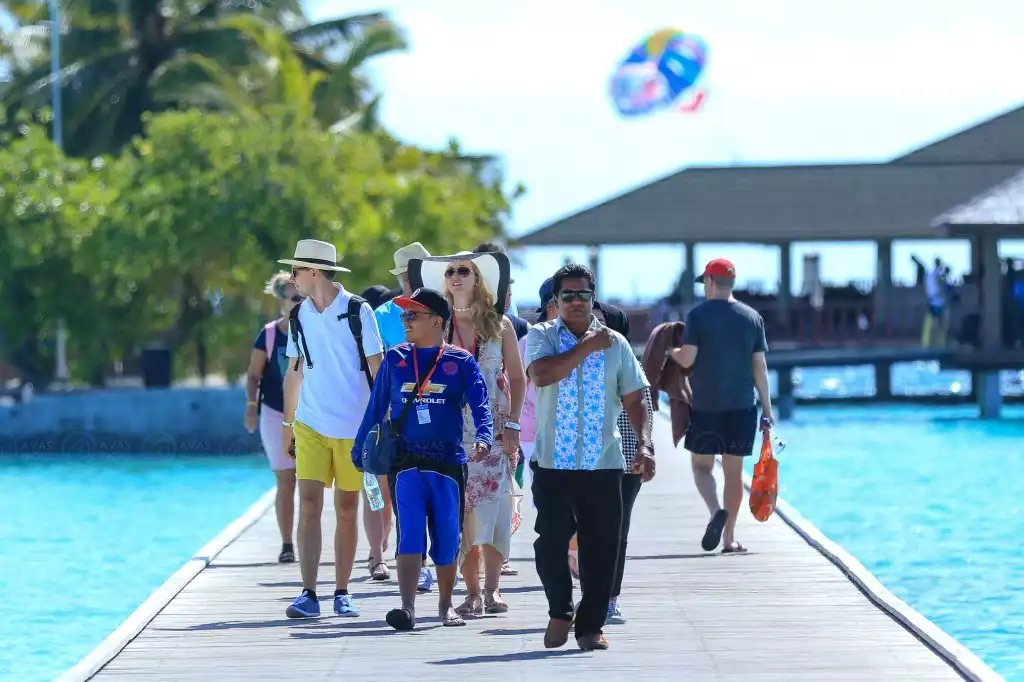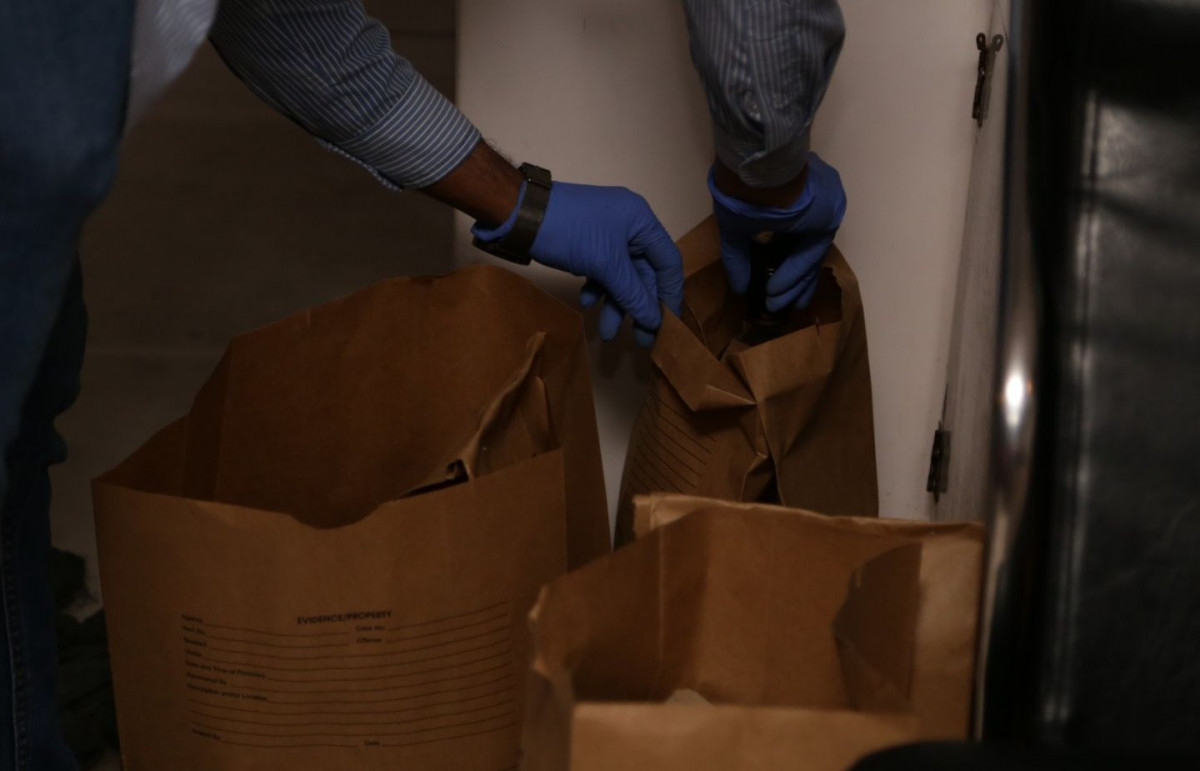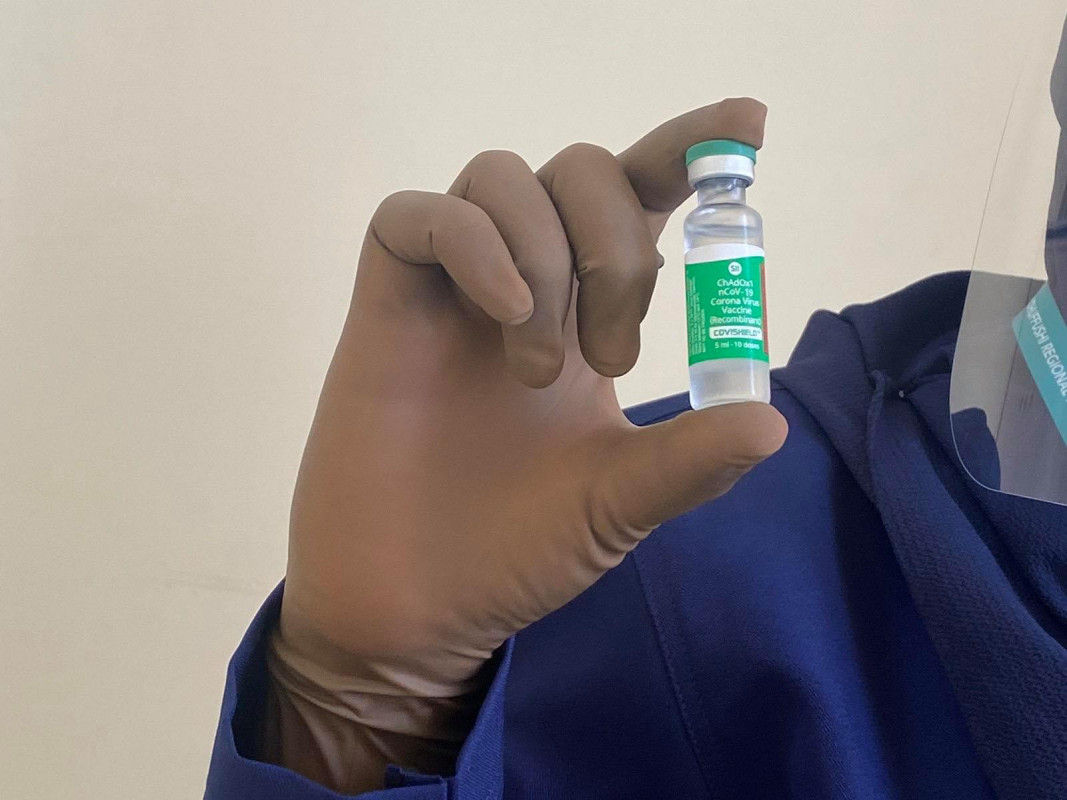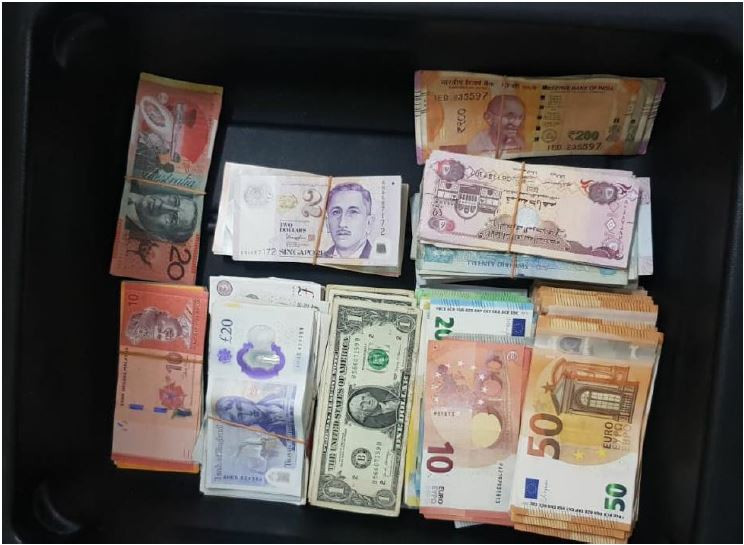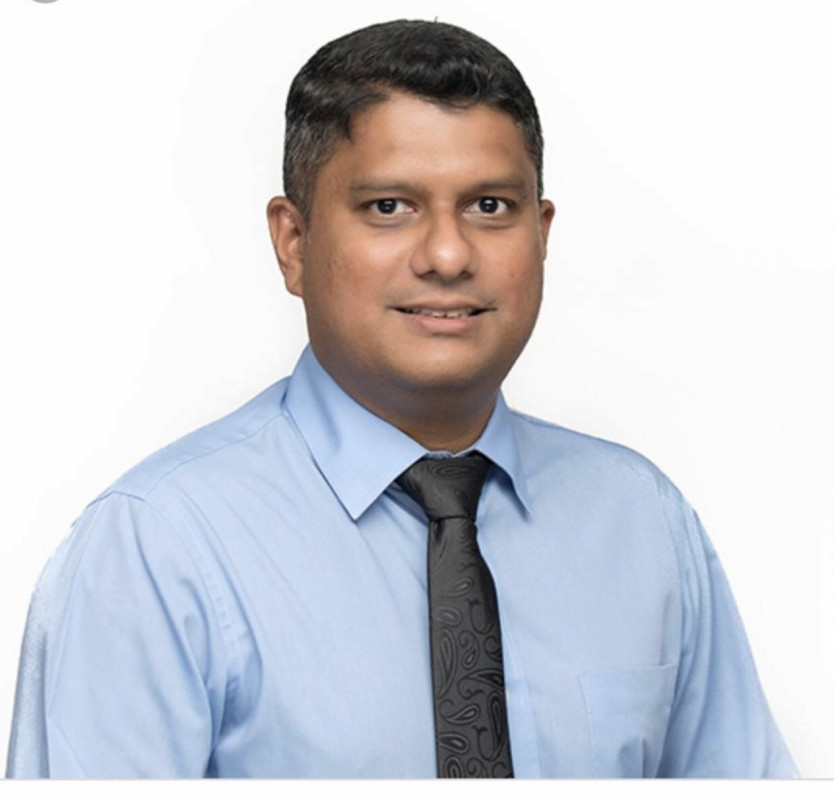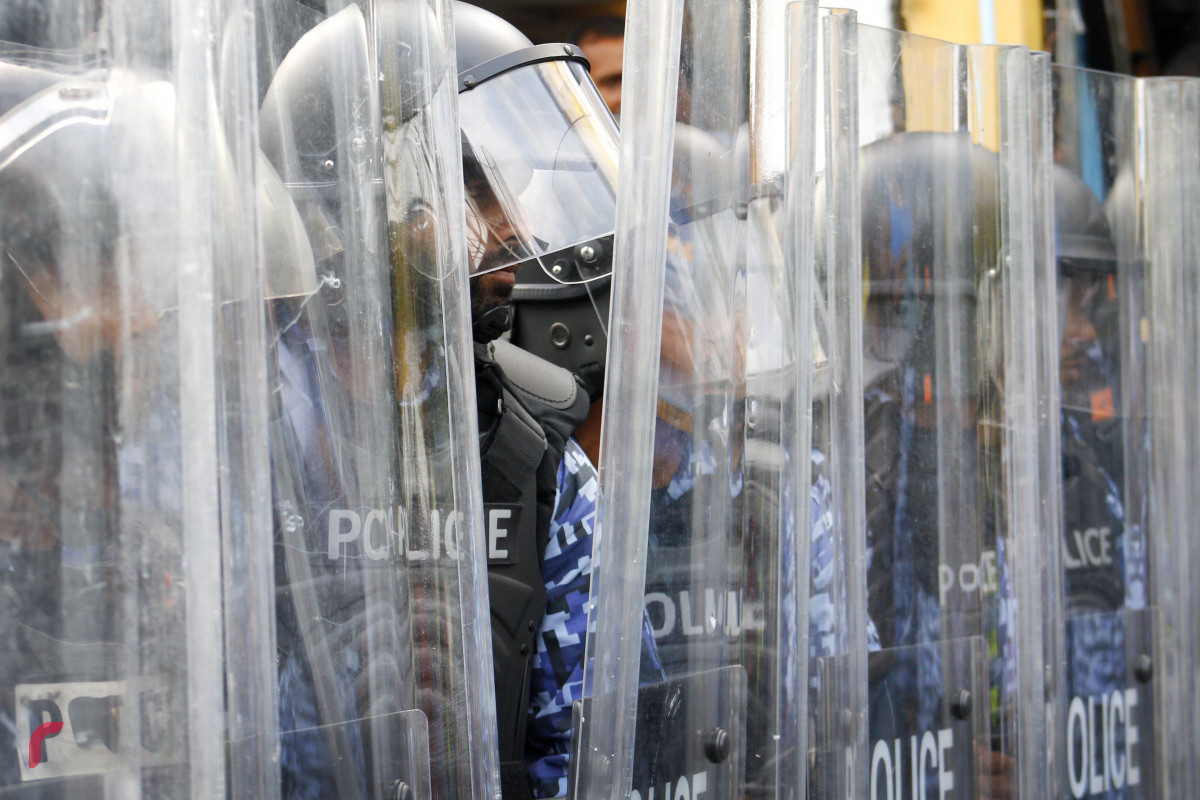Is a heel-face turn enough to warrant redemption for Maldivian institutions?
President Abdulla Yameen is facing many accusations, that of impeding criminal investigation, abuse of power, and embezzlement. Are state institutions now working towards redemption?
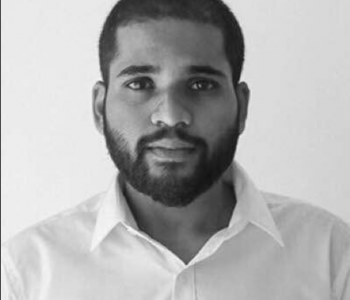

Officials of the Civil Service Commission: their officials have been accused of coercing state employees into publicly supporting the Yameen administration
It didn't take long since the presidential elections two weeks ago for Maldivian courts and independent institutions to display a surreptitiously obvious change in principles.
Political prisoners were freed within a day after president-elect Ibrahim Solih met with his soon-to-be predecessor President Abdulla Yameen. On October 1st, the Anti-Corruption Commission announced an investigation of senior state officials for misconduct.
Only six days ago the Financial Investigation Unit, operated under the Maldives Monetary Authority, filed an embezzlement claim against President Yameen with the police. Although senior officials of the central bank neither confirm nor deny this, they attest that the investigation unit operates independently and such a case could possibly exist.
The Elections Commission has also repealed their decision to enforce a Supreme Court ruling on floor crossing against 12 members of the People's Majlis, declaring that they are no longer members of parliament and their constituents will have to vote in by-elections.
This decision has been quashed by the Supreme Court, which has had considerable say in the case of the 12 lawmakers having reinstated them in a contentious sentence that was later declared by the Yameen administration to be a 'judicial coup'.
Despite the apex court's suppression, many have app supported the Elections Commission's decision, with several posts on social media applauding the recent impartiality of its members. But it all comes late. These institutions are the same ones that have reportedly been coerced by the government and held under control through power of appointment.
They have been the ones asked to act with responsibility and impartiality, the ones that have been criticized by activists and opposition politicians. Is President Yameen, himself a career-politician renowned and praised by his supporters for his skill in preserving his administration's interests, losing control?
If so, will the members of these institutions be part of the administration's fall? Will the employees of local courts be part of the case that is built against President Yameen? The coalition's supporters have long demanded that Yameen face criminal charges for his embezzlement, revealed through audit reports and whistle-blowers. Accomplices may not be able to testify but a case is sure to be built against him.
President Yameen has been a politician most of his adult life, and he has been accused by word-of-mouth and alleged eye witness accounts of several crimes. These range from involvement in the murder of MP Afraasheem Ali, abusing his position at a state retail arm and purchasing oil from OPEC at special rates offered to the people of Maldives and reselling it at black market price to UN-sanctioned Burma, and besieging state powers and law enforcement, with a message of him personally asking a minister not to be 'overwhelmed' by the disappearance of journalist Ahmed Rilwan being revealed in an Al Jazeera exposé into said embezzlement accusations. These are among some of which more whistle-blowers claim they can reveal.
Yameen has a checklist of accusations against him if a serious criminal of misdealings carried out by publicly criticized institutions and courts in grip, allegedly. Holding him and his 'cronies' accountable has been a key pledge of president-elect Solih and the coalition. The new 'unity' government will be expected to hold those responsible for allegedly allowing Yameen to utterly besiege powers of the state, whether or not they are willing to also prosecute those that have now revealed the extent of his influence.
